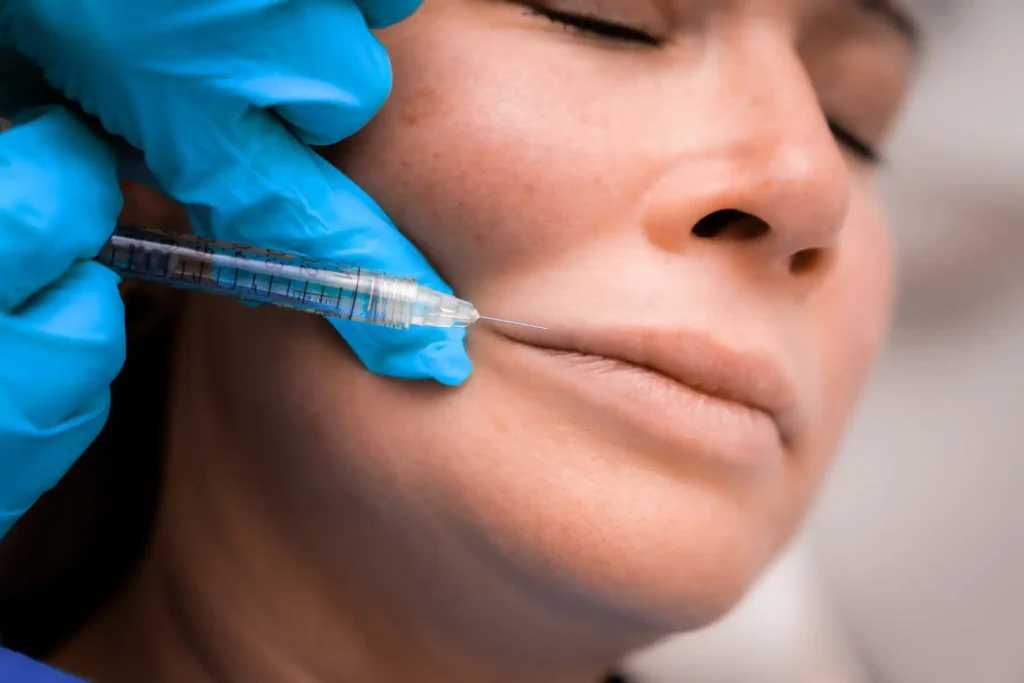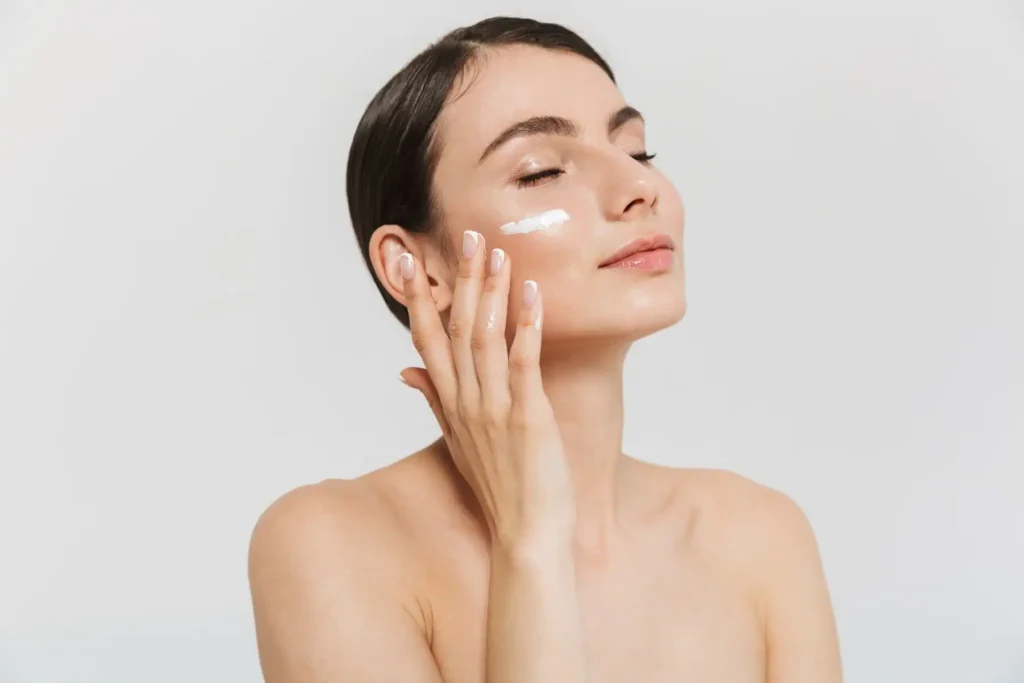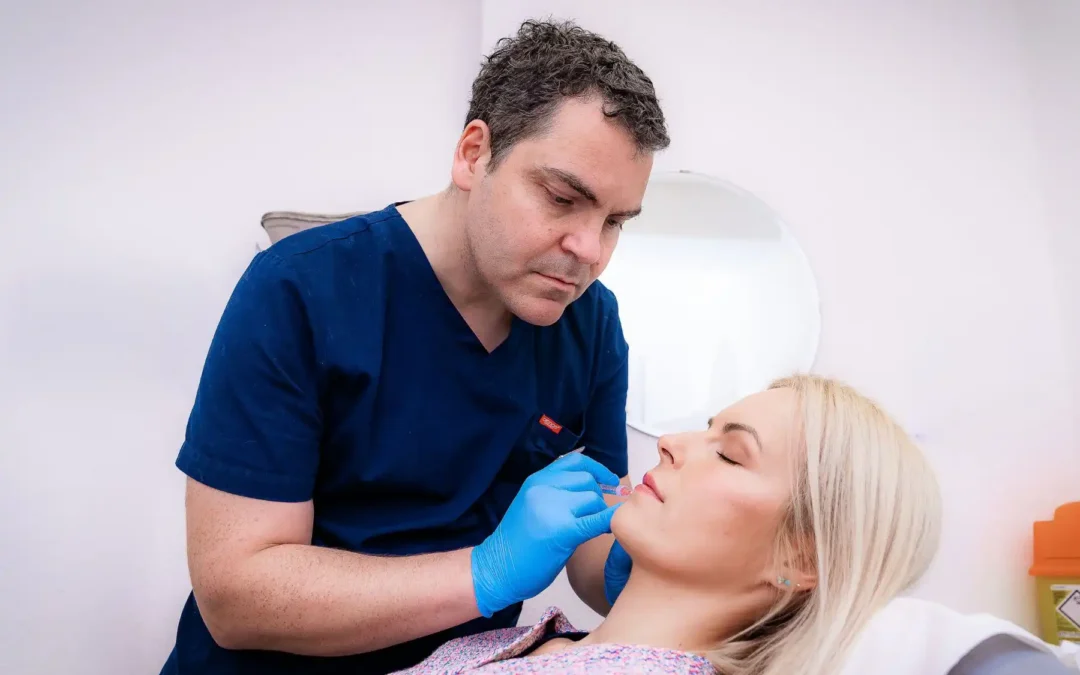When it comes to aesthetic treatments, dermal fillers have become a popular choice for those looking to rejuvenate their appearance without undergoing surgery.
One of the most frequently asked questions about this treatment is, “How long do dermal fillers last?” The answer isn’t straightforward, as several factors contribute to the longevity of the results.
In this article, we’ll delve into the different types of dermal fillers and explore what can affect their staying power.
Types of Dermal Fillers
Dermal fillers can be broadly categorised into two types, temporary and semi-permanent:
Temporary Fillers
These are usually made of hyaluronic acid, a naturally occurring substance in the skin. Popular brands include Juvederm and Restylane. Temporary fillers are generally less long-lasting, with results that can last from 6 to 18 months depending on the specific product and area treated.
Semi-Permanent Fillers
These fillers, such as Sculptra and Radiesse, are made of substances that stimulate collagen production. They can last up to two years or more but are generally used for specific areas and concerns.
Factors Affecting Longevity
The Treatment Area
Areas with more movement, like the lips, may find that fillers dissipate more quickly than areas with less movement, such as the cheeks.

Metabolism
Your body’s metabolic rate can also affect how long fillers last. A faster metabolism can break down fillers more quickly, reducing their longevity.

Skill of the Practitioner
The expertise of the clinician administering the filler can significantly impact how natural the results look and how long they last. At Freyja Medical, our doctors provide expertly administered treatments tailored to your needs.

Lifestyle Factors
Exposure to sun, smoking, and poor diet can accelerate the ageing process and may shorten the lifespan of your dermal fillers.

Maximising Longevity
To get the most out of your dermal fillers, it’s crucial to follow post-treatment care guidelines. This often includes avoiding excessive sun exposure and maintaining a good skincare routine. Regular touch-up treatments can also extend the life of your fillers, keeping you looking your best for longer.

In conclusion, the longevity of dermal fillers varies based on the type of filler, the skill of the practitioner, and individual lifestyle factors.
By understanding these elements, you can set realistic expectations and make informed decisions about your aesthetic treatments.

After training at the University of Birmingham, Dr. Amy has worked in numerous medical and surgical fields in the West Midlands. She holds a particular passion for women’s health and is actively involved in related research. Her expertise encompasses treatments with Aqualyx (fat dissolving injections), Botox, fillers, and lip-fillers, highlighting her commitment to high-quality aesthetic care.
To book an aesthetic consultation with Dr Amy Thompson in our Nantwich clinic, click here.


